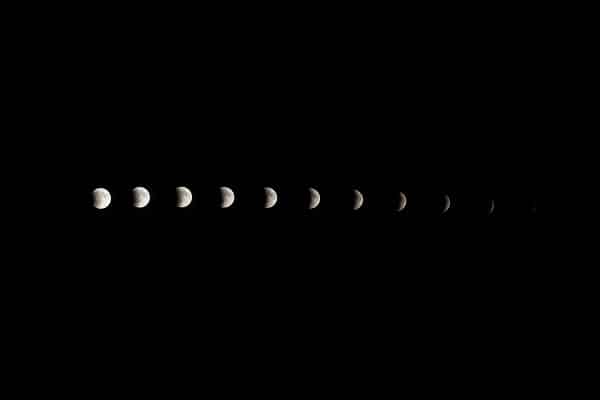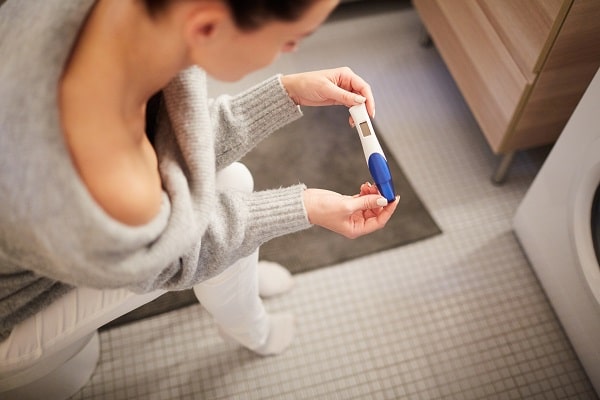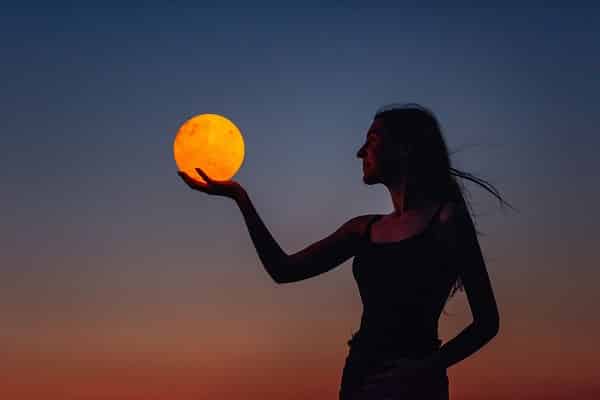Have you ever heard that the moon can influence your health? This notion has been around for centuries, captivating the minds of people from various cultures. While some dismiss it as mere folklore, others swear by the moon’s effects on their well-being, particularly when it comes to women’s health. This post aims to dissect the claims and scientific evidence surrounding the impact of lunar cycles on women’s health. So, let’s embark on a journey to separate myth from reality and explore what history, science, and the medical community have to say on this intriguing subject.
Contents
The Historical Connection

In ancient times, civilizations like the Greeks, Romans, and Egyptians held strong beliefs about the moon’s influence on women’s health. The moon was often associated with goddesses of fertility and was thought to govern menstrual cycles. These ancient cultures even planned agricultural activities around lunar cycles, believing that the moon’s phases could affect crop yields as well as human fertility. This historical perspective sets the stage for the modern-day discussions and debates on the subject.
The moon has been a symbol of many things across different cultures: change, rebirth, and even mystical powers. In Native American traditions, for example, the moon is often linked to the feminine and is believed to have a direct impact on women’s reproductive health. Similarly, in Eastern philosophies, the moon’s energy is thought to be intrinsically connected with the female life force. While not scientifically proven, these cultural beliefs have contributed to the enduring fascination with the moon’s potential impact on women’s health.
The Science Behind Lunar Cycles

When discussing the moon, it’s impossible to ignore its gravitational pull, which has a tangible effect on Earth’s tides. The question then arises: Could this gravitational force also influence biological processes in humans? Some scientific studies have attempted to explore this, examining how lunar cycles might affect everything from sleep patterns to hospital admissions. However, the results are often inconclusive, leaving room for further investigation.
In the realm of women’s health, a few studies have delved into the possible correlation between lunar cycles and menstrual cycles. Some research suggests a weak link, while other studies find no connection at all. The scientific community remains divided on this issue, with no definitive evidence to confirm or debunk the moon’s influence on menstruation. This lack of consensus paves the way for more research and keeps the debate alive.
Claims About Lunar Cycles And Menstruation

The belief that menstrual cycles sync with lunar cycles is widespread. Some proponents argue that before the advent of artificial lighting, women’s menstrual cycles were more aligned with the 29.5-day lunar cycle. They claim that this natural synchronization has been disrupted by modern lifestyles but can still be observed in certain conditions. However, scientific studies examining this claim have produced mixed results, making it a topic of ongoing debate.
Skeptics argue that the supposed link between lunar and menstrual cycles is a form of confirmation bias. In other words, people are more likely to notice and remember instances that confirm their preexisting beliefs while ignoring those that don’t. This psychological phenomenon could explain why some individuals strongly believe in the moon’s influence despite the lack of consistent scientific evidence. The debate continues, fueled by both anecdotal experiences and scientific inquiry.
Lunar Cycles And Fertility

Along with menstruation, the moon’s influence is often extended to the realm of fertility. Some natural fertility methods even recommend timing conception attempts with certain phases of the moon to increase the chances of success. Books and articles on natural fertility often cite lunar cycles as a factor to consider, adding another layer to the discussion.
However, when it comes to scientific backing, the evidence is scant. Most studies that have explored the relationship between lunar cycles and fertility fail to provide conclusive results. Some show a slight correlation, but these are often criticized for their small sample sizes or methodological flaws. As it stands, the scientific community does not support the claim that lunar cycles significantly affect fertility, leaving this as yet another area where myth and reality blur.
Lunar Cycles And Emotional Health

The moon’s influence isn’t just limited to physical aspects of health; many believe it also plays a role in emotional well-being. Anecdotal evidence abounds, with people claiming to feel more emotional or restless during a full moon. Some even report experiencing heightened intuition or vivid dreams during certain lunar phases. These personal accounts add another layer of complexity to the ongoing debate.
When it comes to research, however, the evidence is less compelling. Studies exploring the moon’s impact on mood swings and emotional states have yielded inconclusive results. While some research suggests a slight correlation between lunar cycles and psychiatric admissions, critics argue that these findings could be coincidental. The lack of definitive scientific evidence makes it difficult to draw concrete conclusions about the moon’s impact on emotional health.
The Medical Community’s Stance

What does the medical community think of all this? Renowned medical professionals and organizations generally approach the topic with caution. While they acknowledge the historical and cultural significance of lunar cycles, most medical experts assert that there’s insufficient scientific evidence to confirm any direct impact on women’s health. This cautious stance serves as a reminder to approach the subject critically.
The current state of research on this topic is still evolving. Some medical professionals encourage further studies, hoping that advancements in technology and methodology could provide more definitive answers. Until then, the medical community remains skeptical, urging individuals to rely on proven medical advice rather than lunar folklore when it comes to women’s health.
The Power Of Placebo And Personal Belief

Could the belief in the moon’s influence be a self-fulfilling prophecy? The placebo effect is a well-documented phenomenon where a treatment’s effectiveness is influenced by the patient’s perception of its efficacy. In the context of lunar cycles, if someone strongly believes that the moon affects their health, they might actually experience perceived changes, even if there’s no scientific basis for it.
The psychological element introduces an additional layer to the conversation, expanding its depth and complexity. Personal beliefs can be powerful, often affecting one’s perception and interpretation of events. While this doesn’t provide scientific validation for the moon’s impact on women’s health, it does highlight the complex interplay between belief, perception, and experience.
Wrapping Up: The Moon’s Mystique Endures
So, what’s the final word? While the scientific community remains cautious, the belief in the moon’s influence on women’s health persists, fueled by cultural narratives and personal experiences. It’s a topic that invites more questions than answers, encouraging ongoing exploration and discussion. Whether you’re a skeptic or a believer, one thing is clear: the moon’s mystique continues to captivate, making it a subject that’s sure to intrigue for generations to come!


